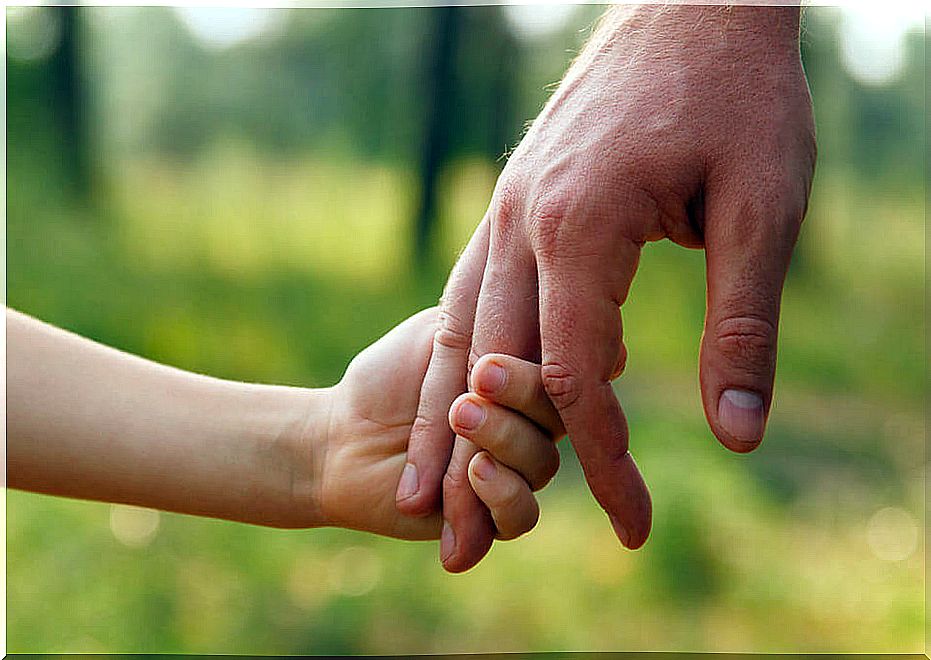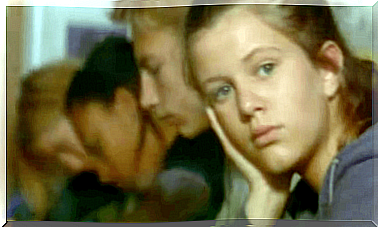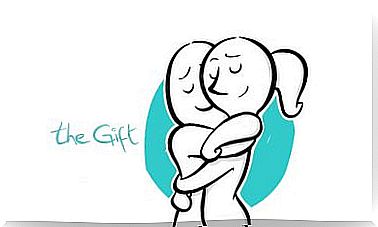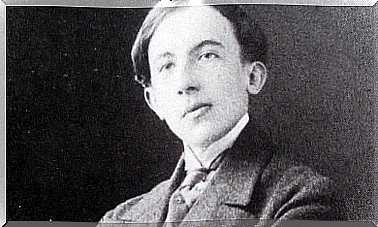Maturity Is What I Reach When I No Longer Have The Need To Blame Anything Or Anyone For What Happens To Me

Do you remember when you were a kid? Childhood is a wonderful time and it is for this reason that we often look back with nostalgia. It is the period in which we are discovering the world and, at the same time, we feel the security that adult care provides us. We were not mature enough to be responsible for ourselves.
In childhood and early youth, our parents or caregivers are in charge of protecting us, of meeting our needs. And, not least, to make the decisions for us. That is why growing up is a bittersweet experience. The truth is that we lose in comfort and security, but we gain something infinitely valuable: freedom.

As the years go by, we progressively take control of our own life. The most immediate thing is that we work to take care of our basic needs, but there are other aspects for which we also have to learn to take responsibility: our emotional ties, for example, or our mental health. This is maturity.
It’s the way we handle this responsibility that makes the difference between growing up and maturing. Time passes inexorably and we all grow, but the way we take responsibility for our emotions is what will determine that we can say that, in addition to growing, we mature.
Maturity is learning to look for solutions before guilty
Making decisions involves experiencing emotions related to fear of making mistakes and uncertainty. So much so that sometimes we get blocked and find it difficult to choose one path or another.
But the truth is that we are all going to make mistakes, because making mistakes is part of the learning process. Do you remember when you were learning to add in school? At first, doing the math was very complicated and we made a lot of mistakes, but with practice adding becomes a basic skill.
Assuming that we have been wrong involves a complex process of reflection and analysis of the facts, and that is why it is sometimes easier to look for external reasons that justify our mistakes. This is where guilt comes into play. Often times, when we encounter obstacles or have a problem, our minds rush to find the culprits.
So much so that sometimes, even when we stumble upon an inanimate object, we blame it for being in the way. Has it never happened to you? You are walking distractedly down the hall and you bump into a toy that shouldn’t be there, hurting just in that painful part of the balls of your feet. Without thinking, you hear yourself criticizing the “damn toy.”
But what happens when the obstacle we encounter is something more important than a toy in the middle of the hall? You may repeatedly fail an exam you think you are ready for or have not been renewed at work. That you have trouble talking to your partner or that your father gets mad at you when you express your opinion.
If we do not reflect, if we let ourselves be carried away by emotions, guilt is something that appears with neon lights in our minds. We may blame others, circumstances, and even ourselves. But stop and think: how does guilt help us?
Guilt prevents us from being happy
When we blame others or ourselves for what happens to us, we are focusing on negative emotions and attitudes: anger or frustration invades us, we feel sadness or resentment, but we do not move forward. In short, we are more unhappy.

However, if we go through these negative emotions and get to the other side, we will realize that beyond who or what are the culprits, there is something much more useful: taking an action that helps us change the situation. If we look for solutions, we will be sending the message to ourselves that whatever it is that has gone wrong, we can try to fix it and we are going to work on it.
Surely you remember a situation similar to this: something unfair has happened to you, for example, you have failed an exam that you thought had gone well for you. You feel bad going over the situation in your mind, you complain about the teacher or yourself. You look for culprits. You are not mature.
You are stuck thinking about what happened, that it belongs to the past, and the past cannot be modified. Guilt blocks us. But if you change the chip and decide to do something about it: perhaps arrange a review, perhaps start to study the issues in which you may have failed, perhaps ask for help, emotions change. Frustration turns into motivation. Maturing is learning to go from the first state to the second.
So the next time something goes wrong and you find yourself looking to blame, think that the best thing you can do for yourself is to try to turn the page. Negative emotions are inevitable, but if we look for solutions instead of scapegoats, at some point we will realize that we have left them behind and are moving towards our goals. Maturity consists of this. Why don’t we work to achieve it?









